The 2020-21 school year has shot by in a blink, yet September 2020 feels like a decade ago.
As teachers, we’re constantly impressed by the resilience of our students, their determination and their creativity. We cheered them on as they did the Run Against Hunger (and raised a thousand Euros for the charity!) and we roared our support at the “mini-olympics”, where they competed against each other at our local, Olympic-level sports stadium (thank you, Estadi Olímpic Camilo Cano! What a privilege that was!) Our annual Science Fair took place outside and everyone agreed it was a huge success. Students from Year 1 to Year 10 explained and conducted experiments, while we watched and listened in fascination.
Our annual Science Fair took place outside and everyone agreed it was a huge success. Students from Year 1 to Year 10 explained and conducted experiments, while we watched and listened in fascination.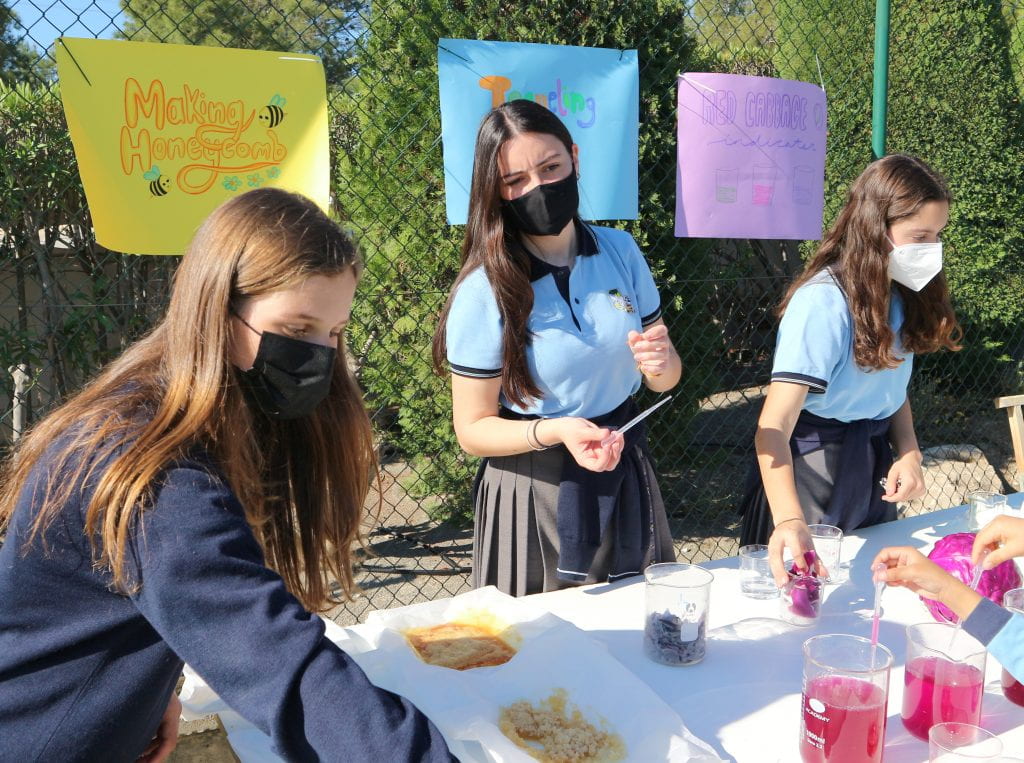 Día del Libro and World Book Day were both celebrated with a host of activities to elevate the written word. After an absence of a year, the wonderful English Libros Book Fair was back, and the bookworms among us adored the opportunity to browse through the titles.
Día del Libro and World Book Day were both celebrated with a host of activities to elevate the written word. After an absence of a year, the wonderful English Libros Book Fair was back, and the bookworms among us adored the opportunity to browse through the titles.
 The final weeks of the summer term were filled with socially-distanced graduations (including ceremonies for those who missed out last year during the COVID confinement), excursions (under COVID safety rules) and the end-of-term prize-giving assemblies.
The final weeks of the summer term were filled with socially-distanced graduations (including ceremonies for those who missed out last year during the COVID confinement), excursions (under COVID safety rules) and the end-of-term prize-giving assemblies. All these special activities helped keep the students engaged with their education and the school community — but the nuts and bolts of learning continued throughout. From the youngest to the oldest, we shared our students’ progress with pride. And truly, after an extraordinary year, it’s something we can all be proud of.
All these special activities helped keep the students engaged with their education and the school community — but the nuts and bolts of learning continued throughout. From the youngest to the oldest, we shared our students’ progress with pride. And truly, after an extraordinary year, it’s something we can all be proud of.
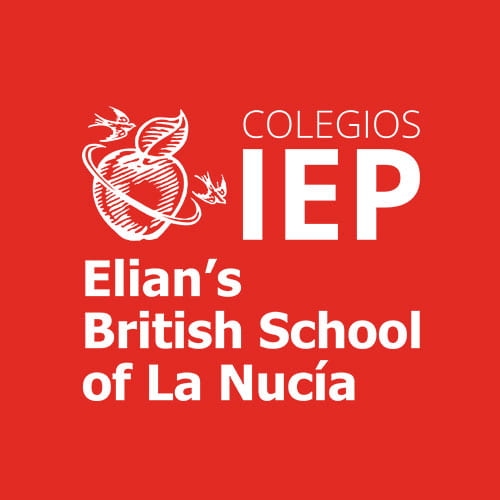
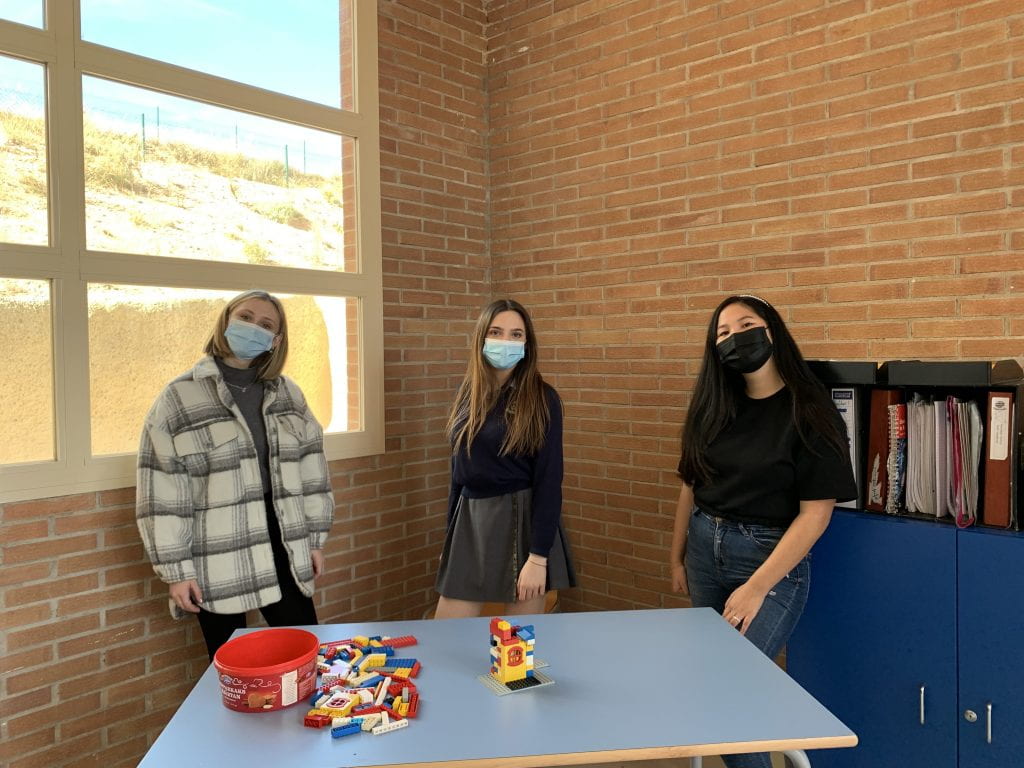



 On Thursday, we went monochrome and dressed all in one colour.
On Thursday, we went monochrome and dressed all in one colour.



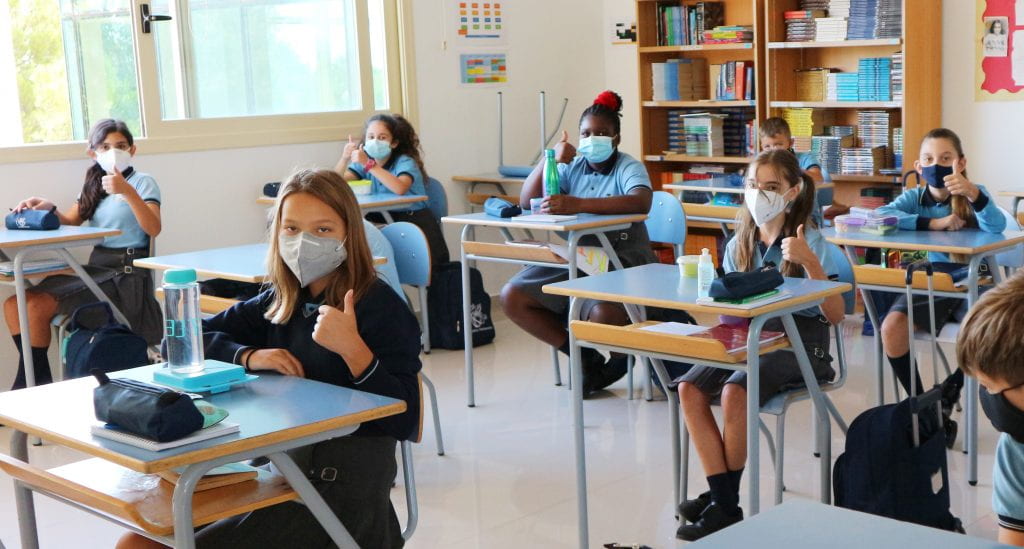



 Yes, there are challenges to overcome as we all come to terms with the new school rules and the effects of the switch from lockdown to in-person learning. But, as my Year 9 class made clear: we’re happier when we’re together.
Yes, there are challenges to overcome as we all come to terms with the new school rules and the effects of the switch from lockdown to in-person learning. But, as my Year 9 class made clear: we’re happier when we’re together.
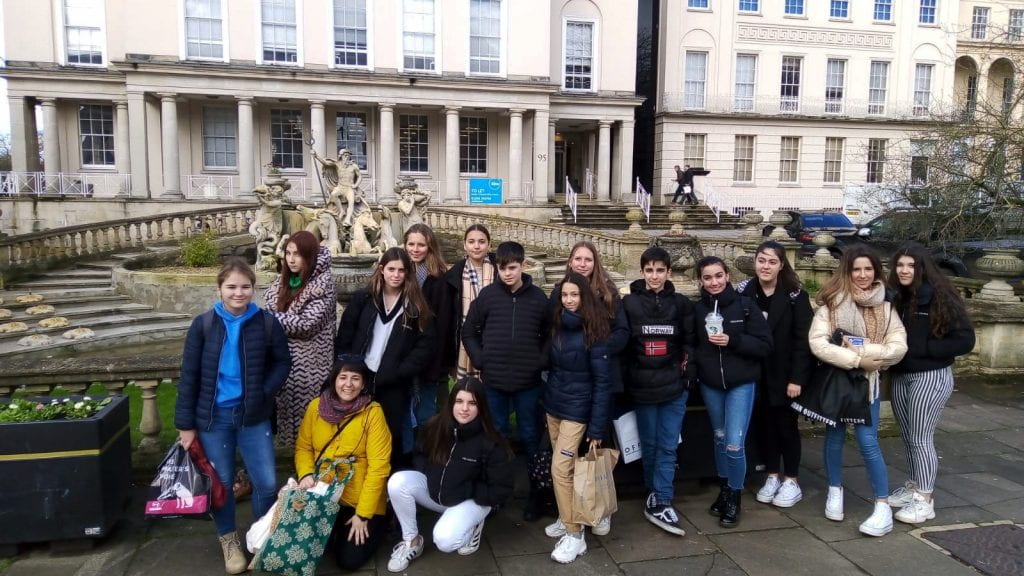
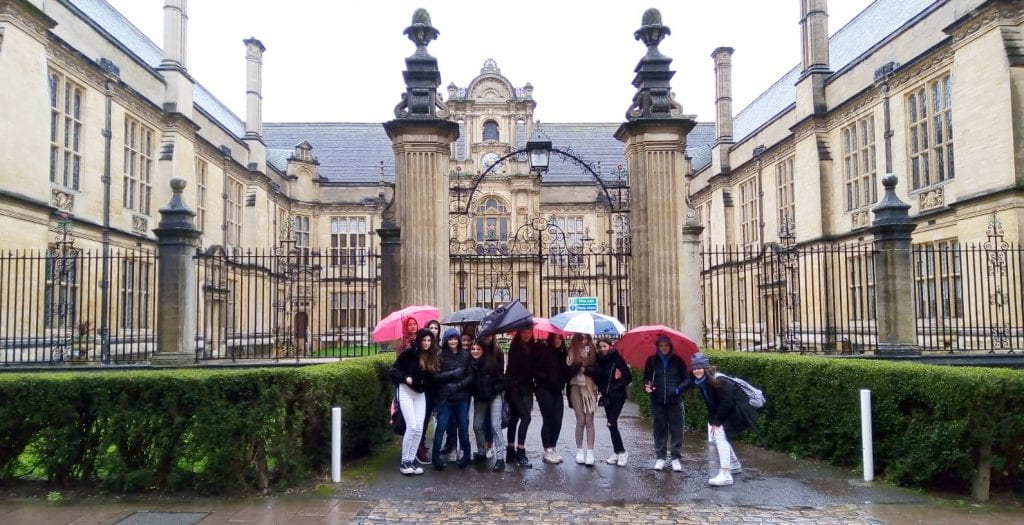
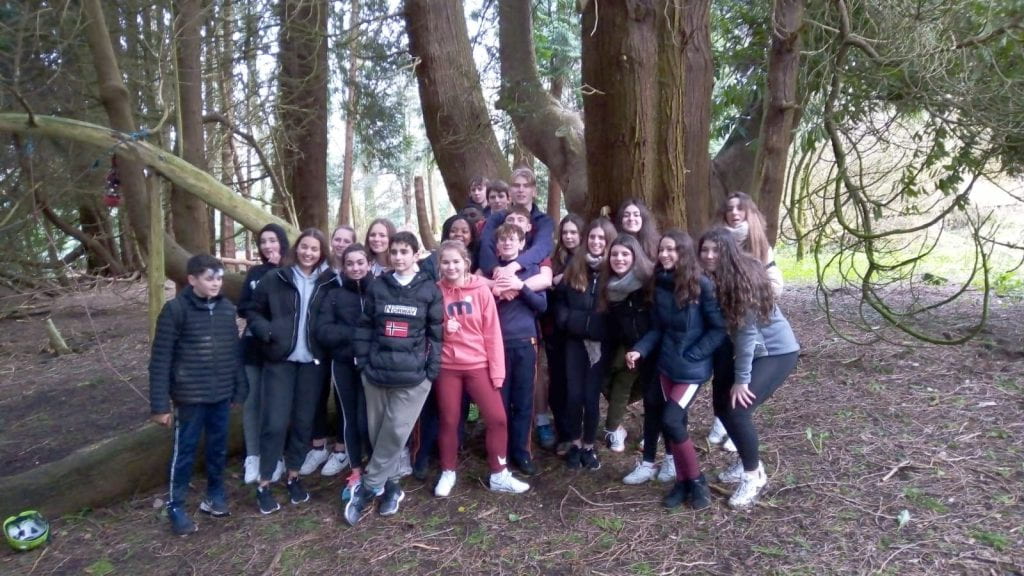



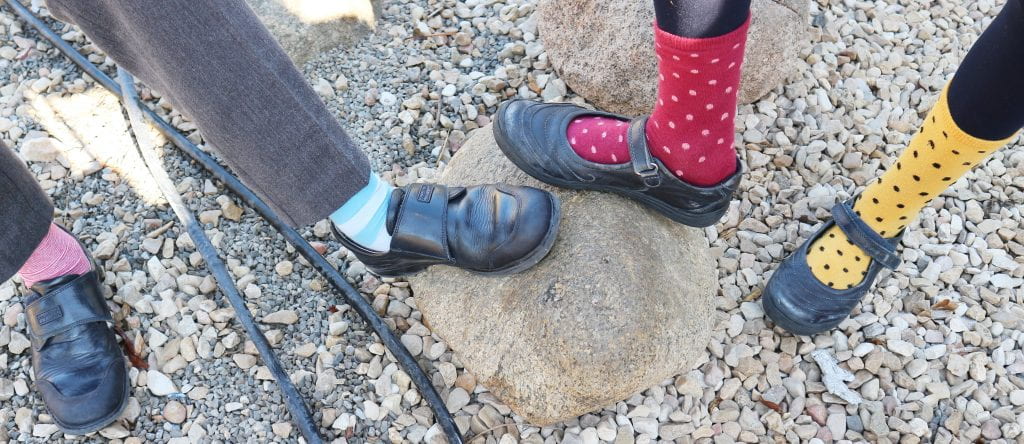
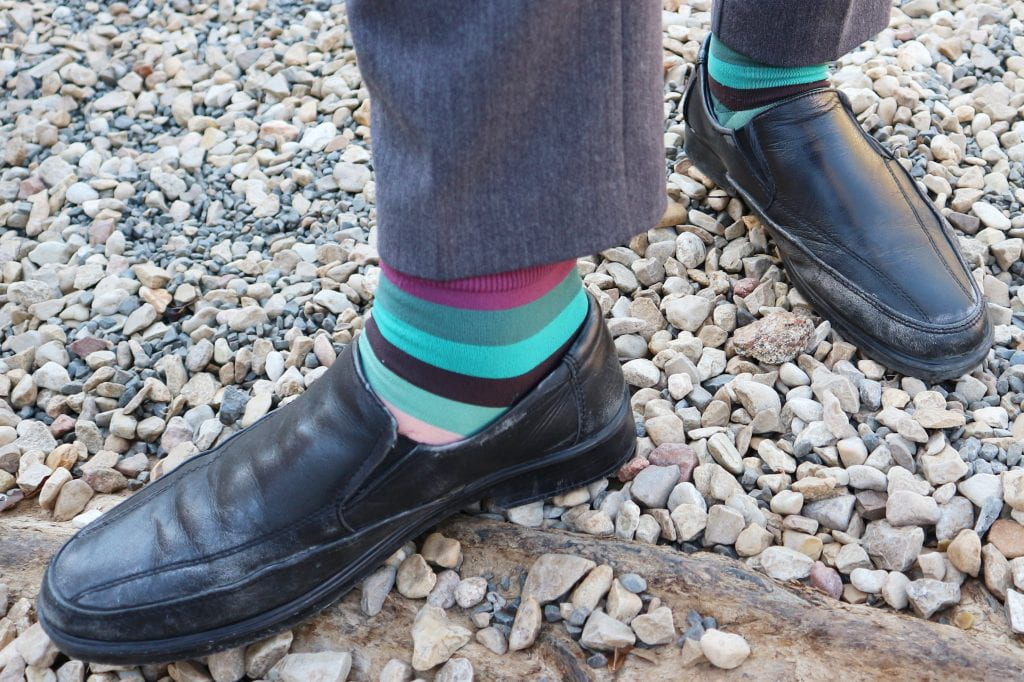


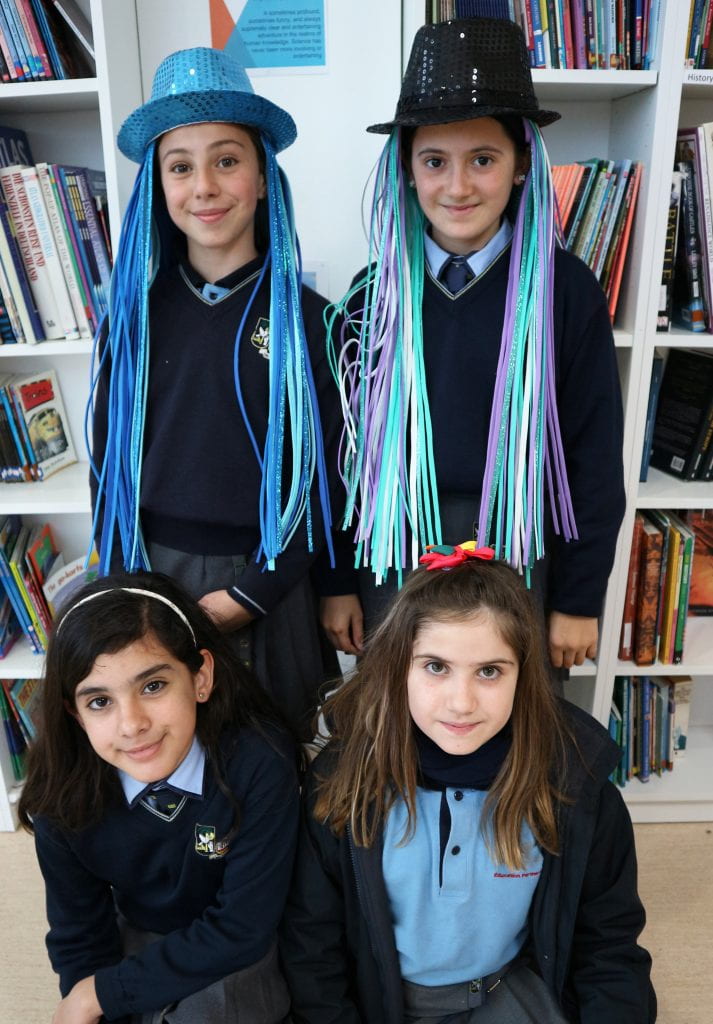

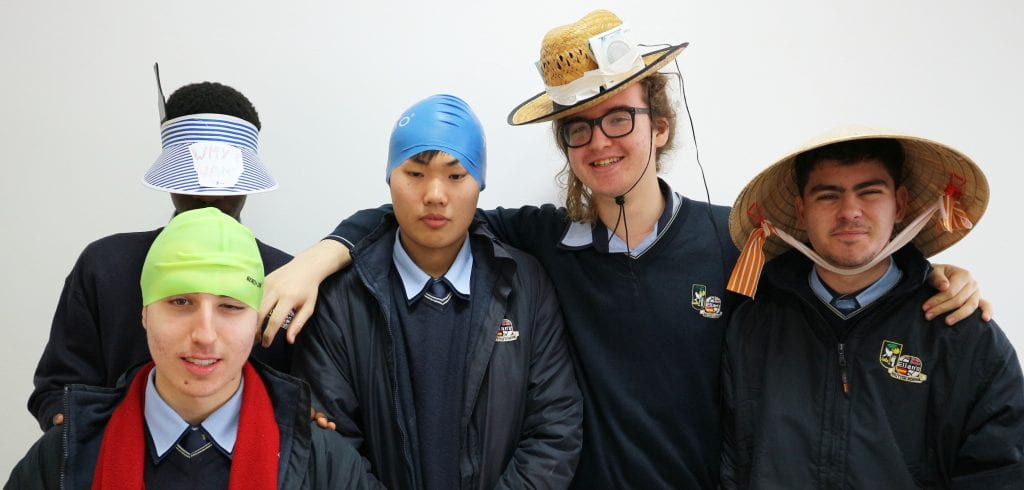
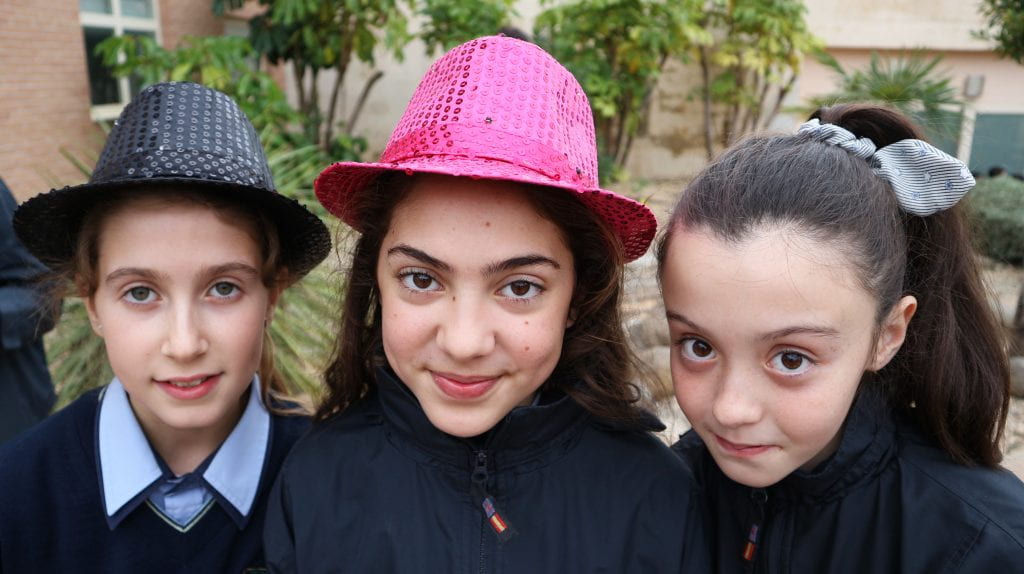



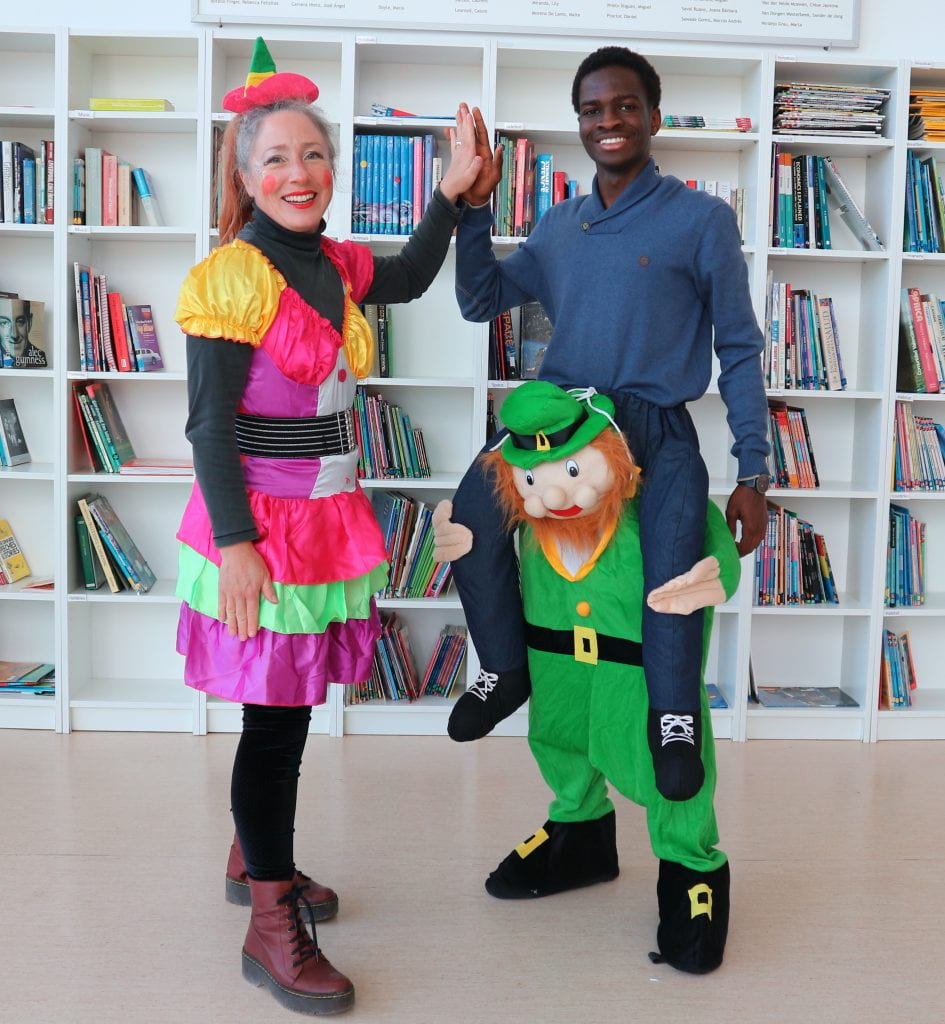

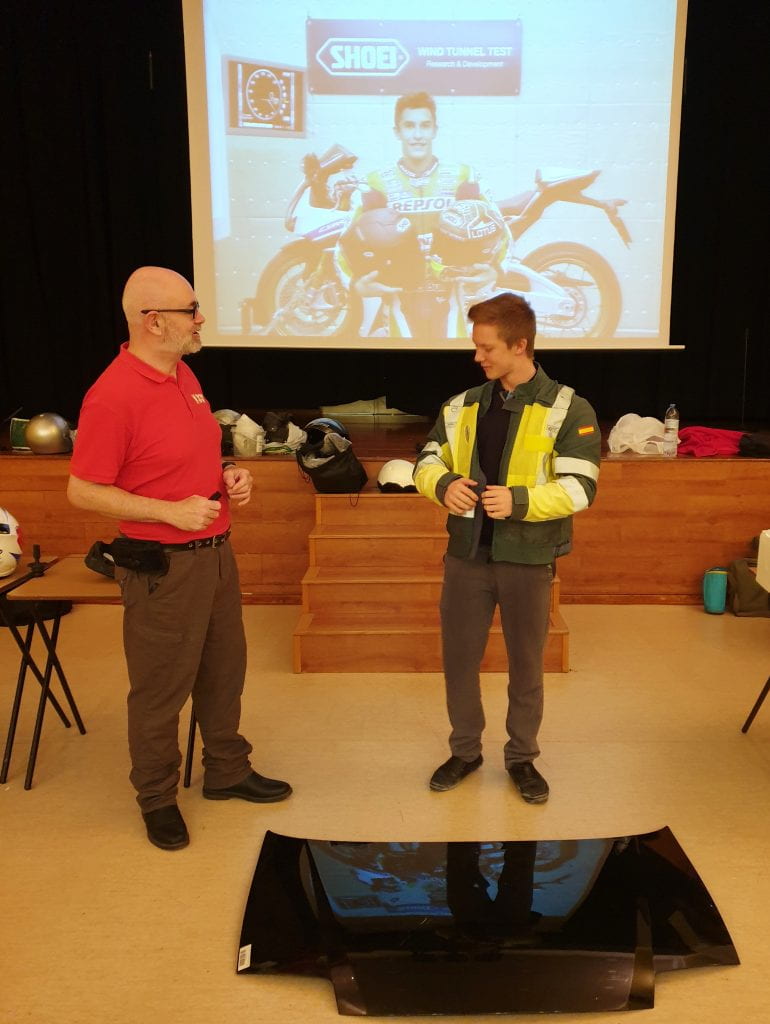


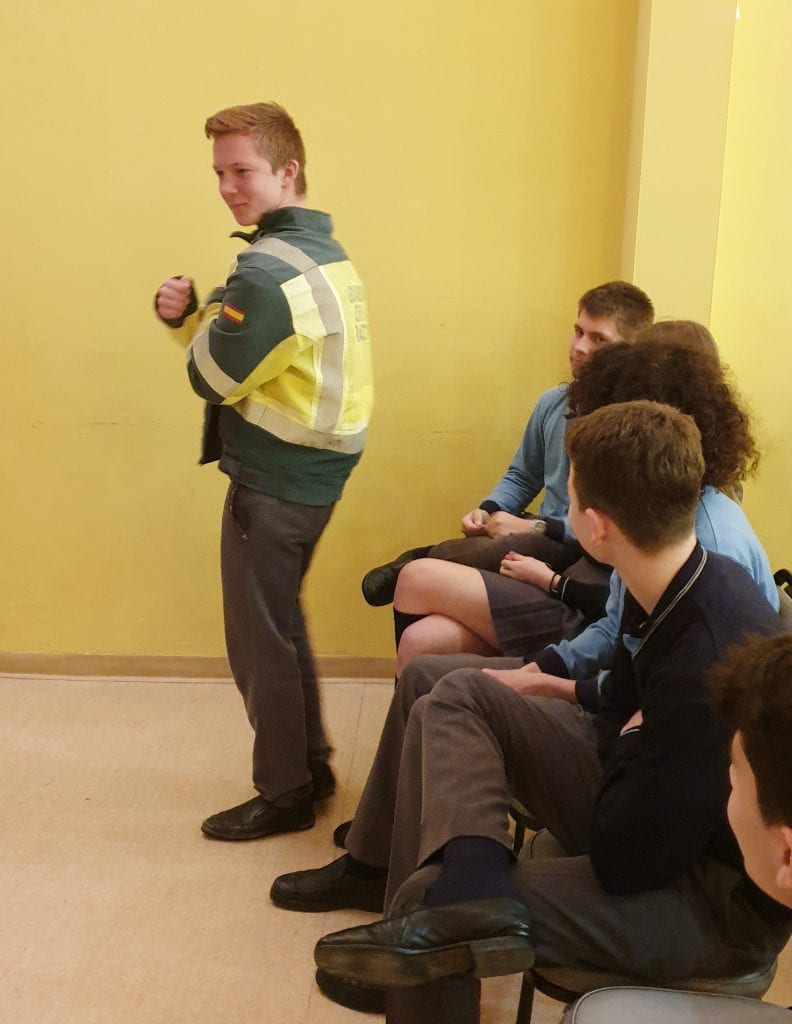






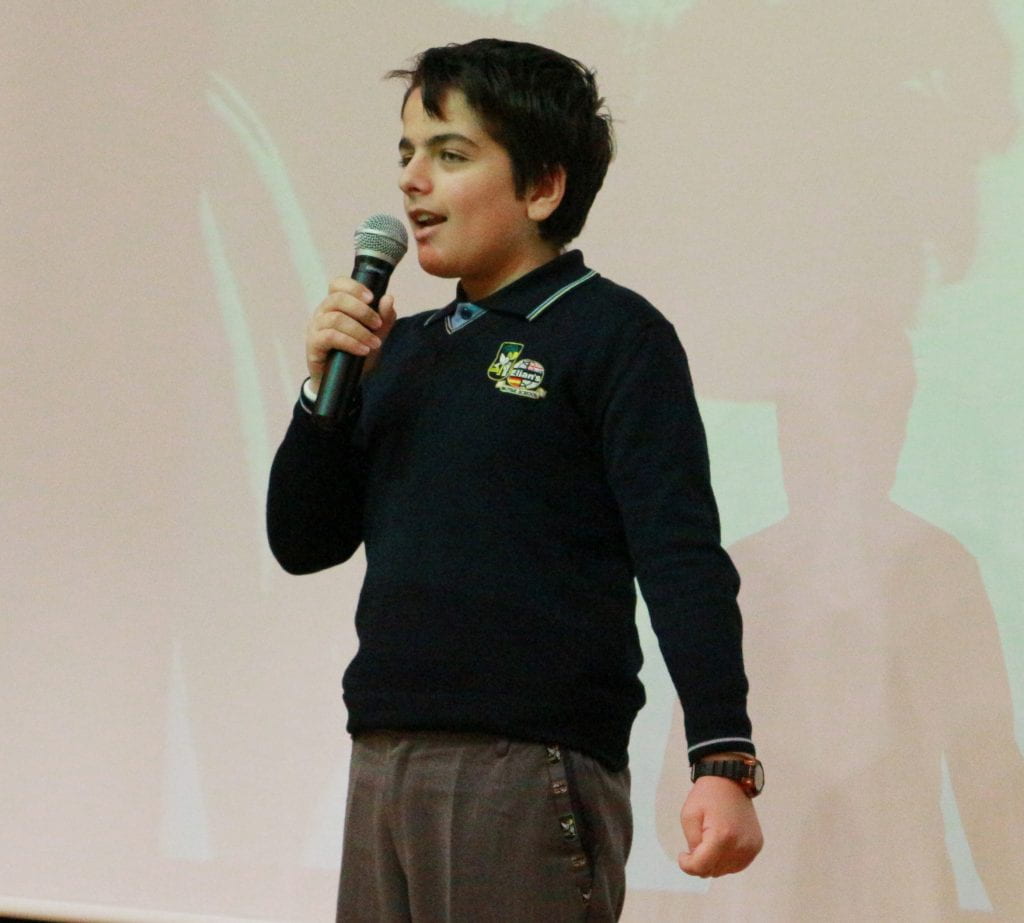
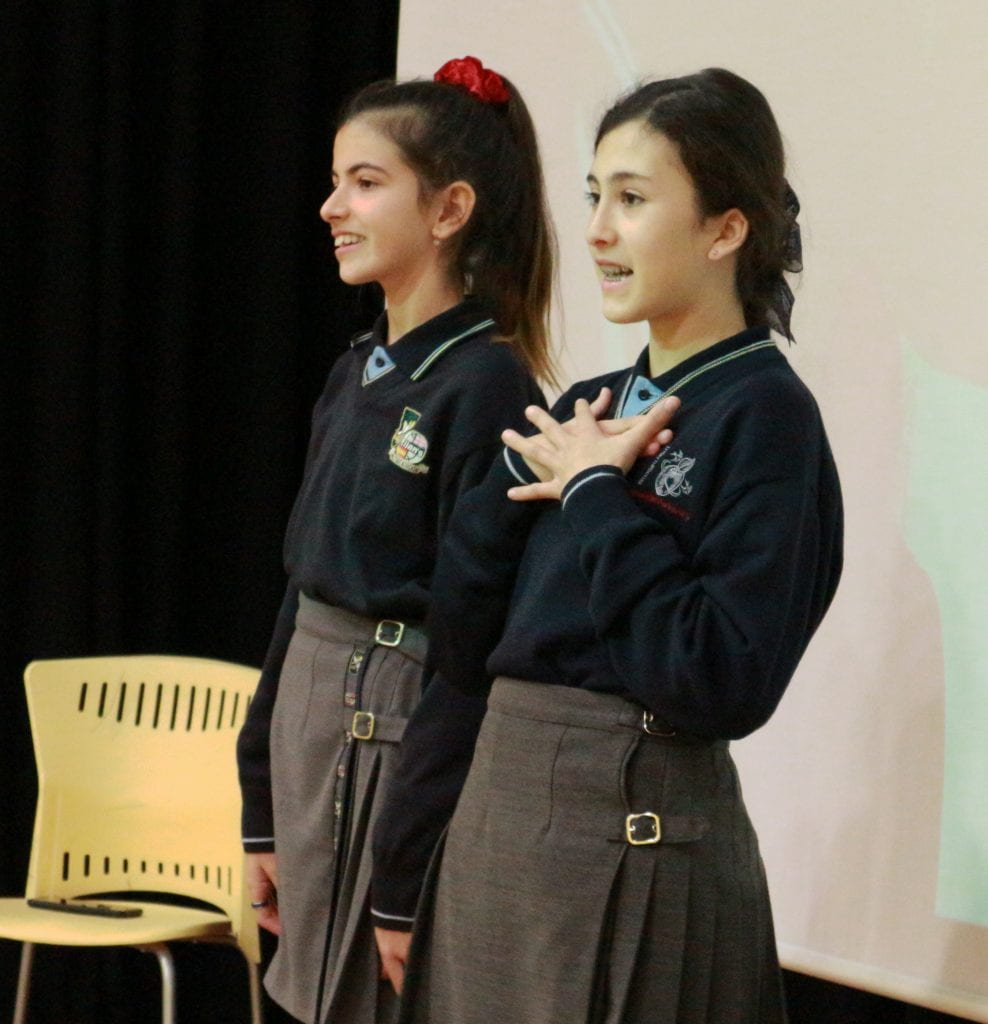

 The majority of our students don’t have English as their first language, but they were still able to produce some powerful work.
The majority of our students don’t have English as their first language, but they were still able to produce some powerful work.
